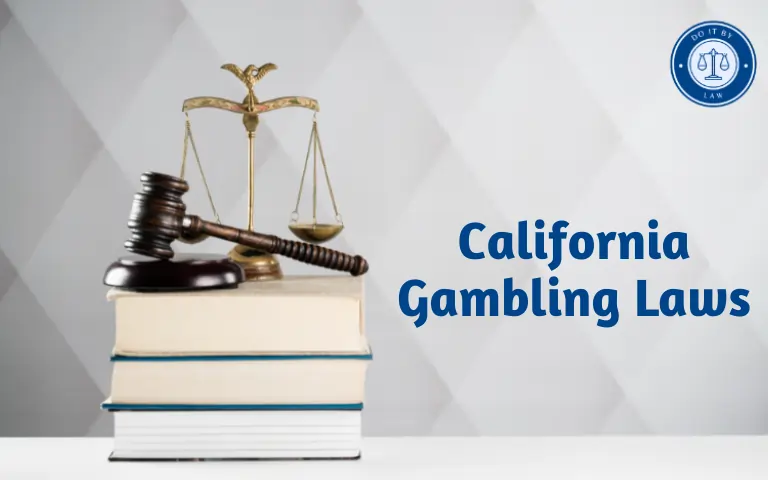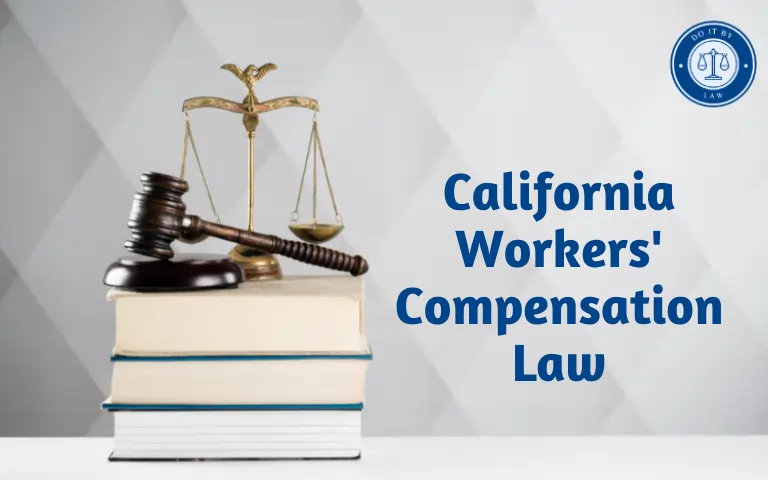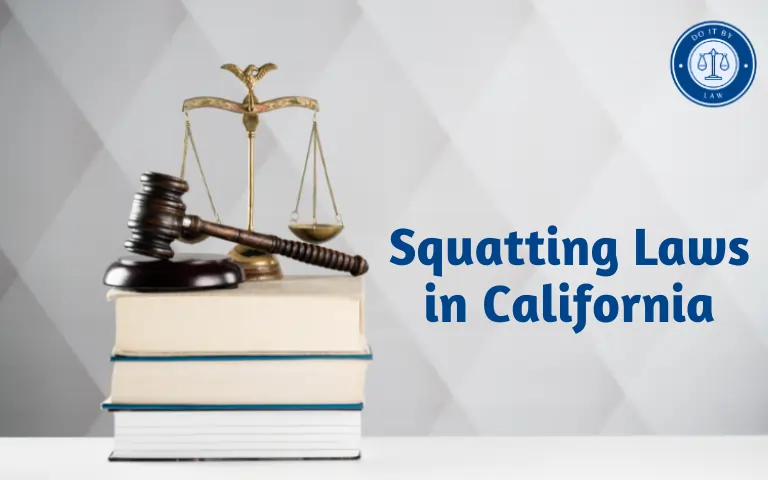California Gambling Laws: What You Need to Know
California is famous for glitzy casinos and card-wielding poker pros. But navigating the state’s complex gambling rules and regulations can be a high-stakes proposition. This guide explains California Gambling Laws landscape – from blackjack to bingo halls – to help you play by the book. Grab some chips and let’s ante up!
When Were California Gambling Laws Established?
Gambling was largely outlawed in California State first Penal Code in 1872. An 1879 amendment prohibited slot machines specifically. The State Lottery became law in 1984 after voter approval. In 1998, Proposition 5 allowed tribal gaming. The Gambling Control Act created the current gaming regulatory framework in 1997. Cardroom regulations were updated in 2010.
Who Do California Gambling Laws Apply To?
California gambling laws govern:
- Land-based tribal and cardroom casinos
- Licensed cardrooms/mini-casinos
- Legal and illegal online gambling sites accessed in California
- Social gambling between individuals
- Home poker games
- Bingo, raffles, and fundraising events
- Sweepstakes cafes with simulated gaming devices
- Underground and illegal gambling operations
Key Provisions of California Gambling Laws
Legal forms of gambling in California include state lotteries, tribal casinos, licensed cardrooms, horse racing, and controlled social gambling. Key gambling provisions include:
- Minimum age of 21 to gamble at casinos and 18 for pari-mutuel wagering
- Tribal-state compacts granting exclusivity to tribes for certain games
- Strict licensing and oversight of cardrooms, including game rules and betting limits
- Allowing qualifying non-profits to conduct limited bingo and raffles
- Permitting social gambling like home poker games within small limits
- Prohibiting illegal bookmaking, underground casinos, unlicensed betting
- Regulating the advertising and provision of online gambling
- Setting maximum penalties for illegal gambling operations and cheating offenses
Recent Changes to California Gambling Law
Notable recent changes in California’s gambling landscape include:
- Expansion of tribal casino locations and allowable games through new compacts
- Legalization of certain daily fantasy sports contests in 2016
- Accessibility of online sports betting after PASPA repeal in 2018
- New cardroom regulations for player-dealer games in 2021
- Attempts to legalize retail and online sports betting through ballot initiatives
- Push to allow legalized online poker in California
- Ongoing debates over allowing sports gambling in tribal casinos
Controversies Around California Gambling Laws
Aspects of gambling laws debated in California include:
- Tribal gaming exclusivity versus cardroom, racetrack, and online wagering
- Taxation of gambling revenue for education and state purposes
- Social costs of problem gambling and gambling addiction
- Regulation of increasingly popular Internet gaming sites and apps
- Oversight authority among state, local, and tribal regulators
- Legality of fantasy sports and skill-based contests
- Enforcement difficulties against illegal and underground gambling operations
California gambling laws try to balance citizen demand for wagering options against concerns over addiction and crime. But with technology and public appetite driving change, expect more Golden State gambling evolution. The stakes stay high!
Penalties for Violating California Gambling Law
Illegal gambling in California can lead to:
- Misdemeanor charges punishable by thousands in fines and up to a year in county jail
- Felony charges for bookmaking, kidnapping, or extortion related to gambling punishable by years in state prison
- Financial penalties equal to profits, cost of investigation, and treble damages
- Property forfeiture of cash, vehicles, or equipment used for illegal gambling
- License revocation for legal gambling establishments violating regulations
- Court orders to restrict access to offshore internet gaming sites
- Tax assessments on unreported gambling income and winnings







